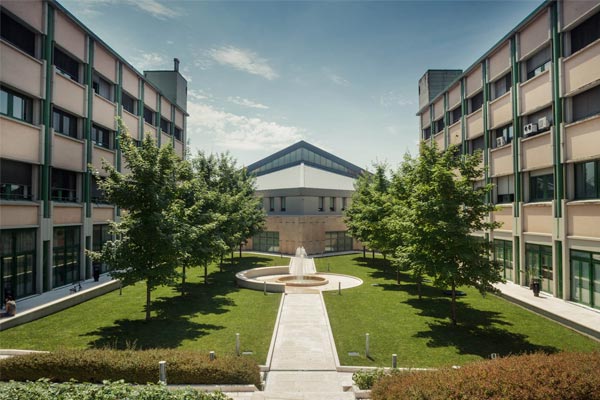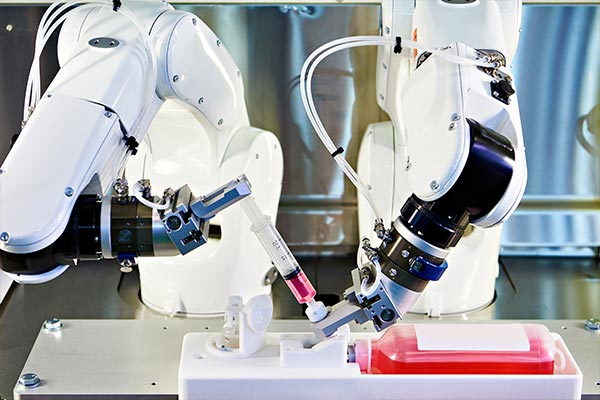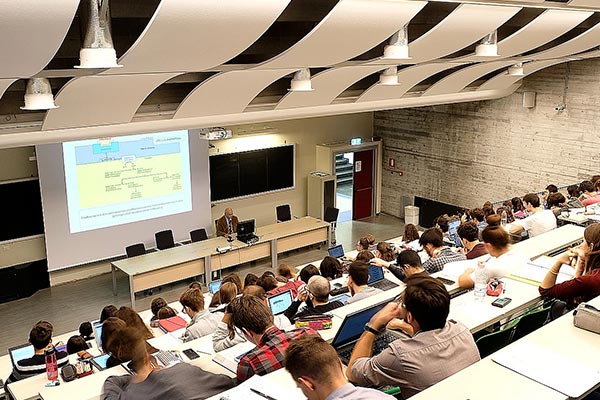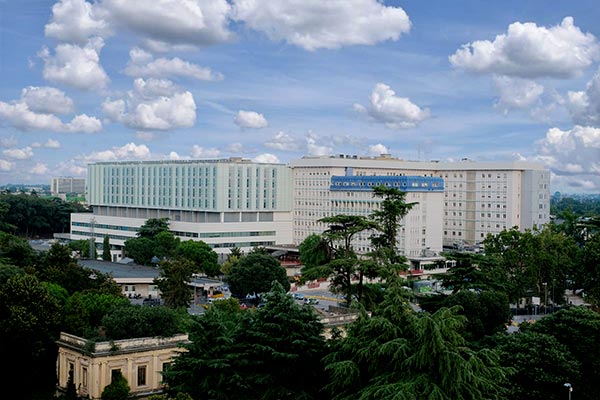|
AI, Robotics & Automatic Control
|
Robotics is concerned with the development of systems that make the intelligent connection between perception and action. For this reason, robotics is strongly interdisciplinary, including mechanical and electronic design, computation and data fusion algorithms, machine learning and reasoning, and motion control and environment interaction methods. In the last years, robotics systems have matured in terms of safety and reliability and they can now work in delicate environments and in direct contact with people. In case of demanding cognitive tasks, robots are usually supported by a human operator, in a teleoperation mode. A well established example of teleoperation system is a surgical robot, in which a surgeon directly moves the robotic tools to carry out the intervention. A new research direction is the addition of autonomous functions to the robotic systems. To reach this goal, we need to improve the perceptual and cognitive capabilities of the robots, to interact safely with a complex real environment. Some of the research topics addressed at the University of Verona include: control and system theory, modeling and analysis of human perception, coordination of multiple-robot systems, distributed sensing and control algorithms, teleoperation algorithms, and analysis of the physical interaction of humans and robots.
|
Robotic systems and automation
Sistemi robotici e automazione
|








 calanca
calanca univr
univr
